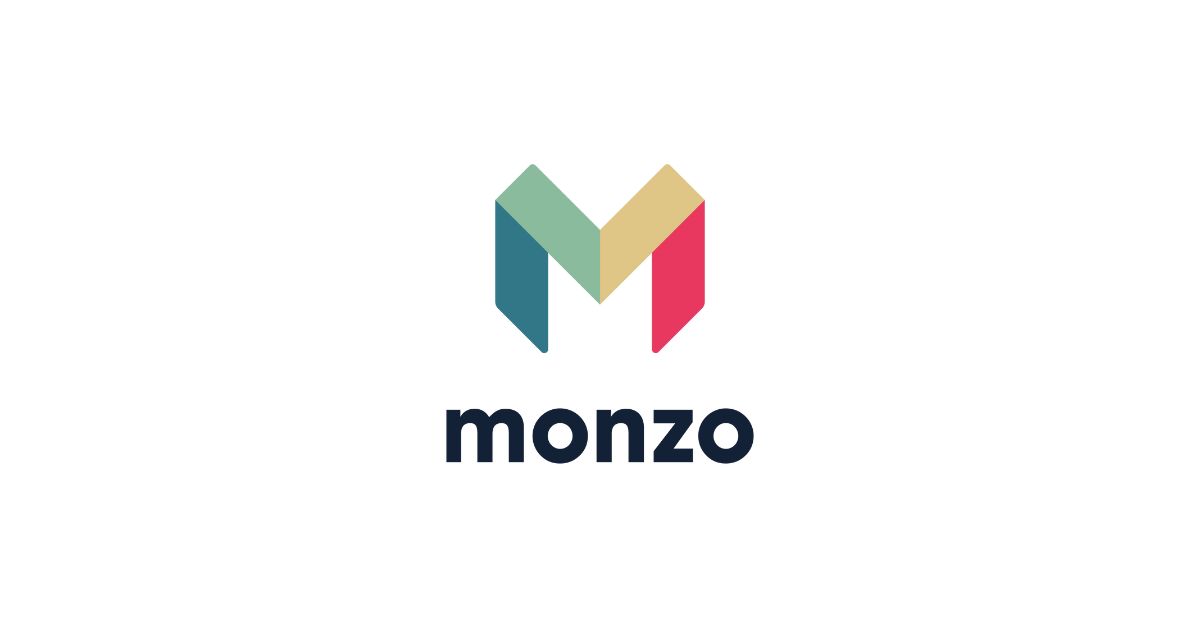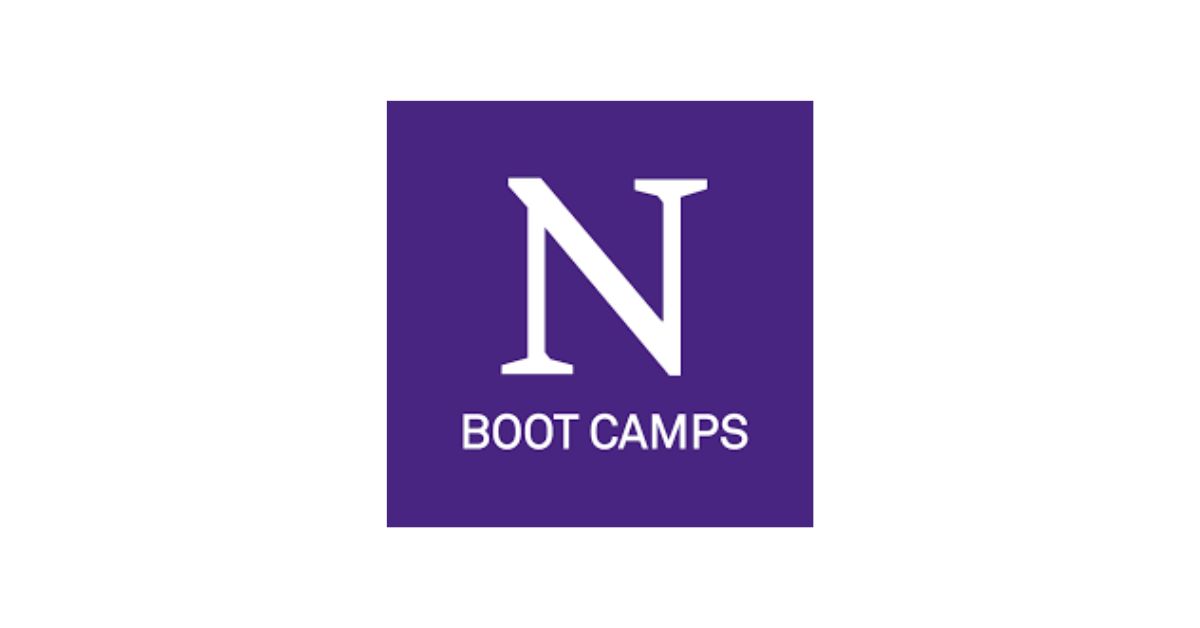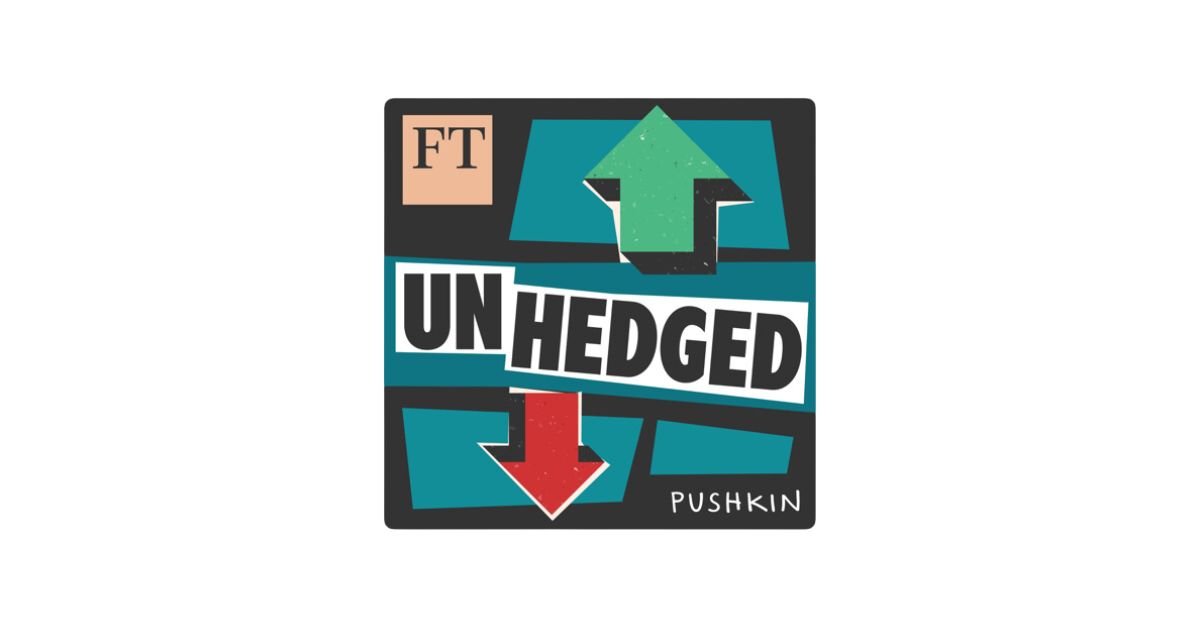The Top 5 Fintech Banks in the World
February 2, 2024, 5 min read
The world of finance has witnessed a remarkable transition in recent years, with the rise of creative and game-changing fintech institutions that have reshaped the banking environment. In conclusion, the world of finance has experienced a remarkable transformation in recent years. In this article, we will discuss the top five fintech banks that have greatly influenced the overall financial business worldwide.
These fintech banks have shown that they can adapt to the rapidly changing conditions of the digital era by providing customer-focused services that are both agile and technologically cutting edge. As a result, they have been successful. They have revolutionized traditional banking practices by using technology, data analytics, and artificial intelligence. As a result, they can provide their consumers with streamlined and individualized financial experiences. Newer, more innovative financial institutions, known as neo-banks and challenger banks, are actively challenging the established global incumbent financial institutions.
Neo and challenger banks are actively transforming the traditional banking business from a staid and slow-moving space into one that is inventive, dynamic, and forward-thinking.
However, it’s not just the procedures that have improved; the services provided to clients also have. In general, the goods offered by all-digital banks come at lower prices and are delivered more quickly than those offered by the traditional financial institutions that they compete with. So, let’s take a look at the top 5 online banks that are currently in business.
Discover the Best Fintech Banks
One of the most recent companies to enter the market, Judo Bank is an Australian financial institution with headquarters in Melbourne. Co-CEOs Joseph Healy and David Hornery established the company in 2018.
In addition to already having more than 10,000 customers, Judo Bank is one of Australia’s most recent unicorn financial technology companies. Since it was granted its banking license in 2019, the company caters to private and commercial clients.
A capital round for Judo Bank took place in December 2020, and the bank was valued at $2.6 billion one year later in November 2021. The 2019 worth of JudoBank has increased by a factor of 100 here.
Over the course of 9 investment rounds, Judo Bank has successfully raised a total of $1.8 billion in capital. Their most recent round of funding came from a Venture – Series Unknown round, which took place on June 21st, 2021.
MoneyLion is a rising star in the world of banking. The company was established in 2013 and has its headquarters in New York. Technology professionals and Wall Street bankers Dee Choubey, Chee Mun Foong, and Pratyush Tiwari established it.
The fintech company initially set out to deliver financial services, investing, and loan products; however, it has now shifted its focus to the realm of digital banking, experiencing rapid and expansive success.
MoneyLion has successfully completed 7 investment rounds, bringing them a total of $477.5 million. Their most recent fundraising came from a post-IPO equity round, which took place on September 23, 2021.
By 2021, MoneyLion had partnered with Fusion Acquisition Corp. and begun offering its shares to the public, revealing a combined stock valuation of $2.9 billion.
Monzo, headquartered in London and currently valued at $1.6 billion by investors, has five million customers in the United Kingdom and the United States.
The bank was established in 2015 by its founders, Tom Blomfield, Jonas Huckestein, Jason Bates, and Paul Rippon. Gary Dolman was also an original founder. In 2016, the mobile banking application had already surpassed one million dollars in funding thanks to its success on Crowdcube.
Blomfield resigned from his position as CEO in May of 2020. The company’s current Chief Executive Officer, TS Anils, volunteered to serve as both the UK and US CEO until Carol Nelson joined the US leadership team in 2021.
Monzo has successfully completed 20 investment rounds, bringing in a total of $1.1 billion. Their most recent fundraising came from a Series H round, which took place on February 8, 2022.
Starling Bank is a digital challenger based in London that specialized in current accounts and business accounts. The bank was established in January 2014 by a seasoned banking professional, Anne Boden.
Starling successfully concluded an internal fundraising round in April 2022, raising US$152.5 million at a pre-money valuation of more than $2.9 billion. Goldman Sachs, Fidelity, RPMI Railpen, Qatar Investment Authority, and Harold McPike are some of the companies that have invested.
The most recent set of financial reports for Starling Bank reveals that the company has served 2.7 million customers while recording a revenue gain of 600%.
Chris Britt, the current energetic CEO, established Chime in 2013. The company has its headquarters in San Francisco, and over the course of 10 investment rounds, Chime has successfully raised a total of $2.3 billion in capital. Their most recent fundraising came from a Series G round, which took place on August 13, 2021.
Chime, with an estimated 12 million users, holds the position of the most valued retail-serving fintech firm in the United States. Chime focuses on retail banking and provides its services.
On the immensely popular Dr. Phil talk program in 2014, Britt made the unexpected move to introduce Chime to the public officially. According to the reports, the host gave guests a Chime card pre-loaded with $5,000. The enormous customer base of the bank grew significantly more dependent on digital channels during the pandemic, which resulted in the bank experiencing a growth expansion of fifty percent.
Conclusion
Despite the fact that these fintech banks have received numerous awards, it is essential to be aware that traditional banks are also undergoing change and embracing digital transformation in order to maintain their position as market leaders. The proliferation of financial technology banks has unquestionably pushed the sector in the direction of innovation. They have also been compelling traditional banks to reevaluate their business practices and make investments in cutting-edge technology.
When we consider the future, the revolution in financial technology does not appear to be slowing down any time soon. New entrants and evolving established players will intensify competition and enhance customer-centricity in the banking sector. Customers may anticipate this change.
Ultimately, the success of fintech banks will depend on their ability to provide dependable, secure, and convenient financial solutions tailored to the specific requirements of their clientele. The top financial technology institutions will be those that can continuously adapt and stay one step ahead of the competition as technology improves and customer expectations shift.
As customers, we can anxiously await more innovations in the fintech field, and as the financial industry continues to grow, the most successful fintech institutions will play a vital part in determining the future of banking around the world.
Sources: The Judo Bank, MoneyLion, Monzo, The Starling Bank, Chime,
















